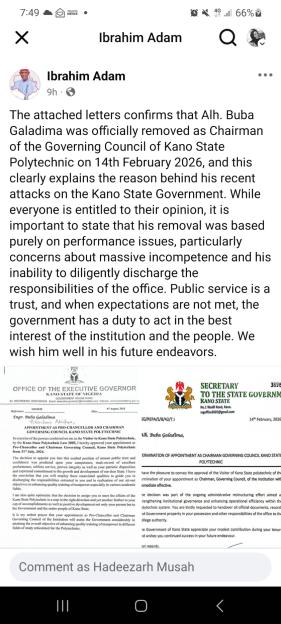Table of Contents
- Rejection of Court Judgment
- Statement from IPOB
- Self-Determination Rights
- Insecurity in the South-East
The Indigenous People of Biafra (IPOB) has denounced the ruling of the Federal High Court in Abuja, which sentenced its leader, Nnamdi Kanu, to life imprisonment on seven terrorism-related charges.
This information was shared in a statement by IPOB’s spokesperson, Emma Powerful, on Friday.
The group asserts that Kanu has not committed any offense recognized by Nigerian law, emphasizing that his call for self-determination is a right protected under international conventions.
Powerful criticized the ruling made by Justice James Omotosho, alleging that the judge failed to apply Section 36(12) of the 1999 Constitution, which states that an individual cannot be convicted of an offense unless it is defined by written law.
“The IPOB wants to inform the global community, diplomatic missions, international media, and advocates of freedom that we will, in the coming days and weeks, expose the fundamental flaws, contradictions, and illegalities present in the recent ruling issued by Justice James Omotosho of the Federal High Court, Abuja.
“To clarify, no firearms, grenades, general-purpose machine guns, explosives, or attack plans were ever found in the possession of Mazi Nnamdi Kanu. None. No witnesses, whether civilian or military, have ever testified in any court at any point that Mazi Nnamdi Kanu committed any crime recognized by Nigerian or international law. This is an indisputable fact.
“The only thing the Federal Government continues to suppress is self-determination, a right guaranteed under Article 20 of the African Charter on Human and Peoples’ Rights, Article 1 of the International Covenant on Civil and Political Rights, and Article 1 of the International Covenant on Economic, Social and Cultural Rights.
“Self-determination is a protected right, not a crime. Advocacy is not terrorism, and seeking a referendum is not an act of aggression.”
IPOB further contended that insecurity in the South-East increased while Kanu was held in the custody of the Department of State Services, asserting that the incidents that occurred during that time cannot be attributed to him.







